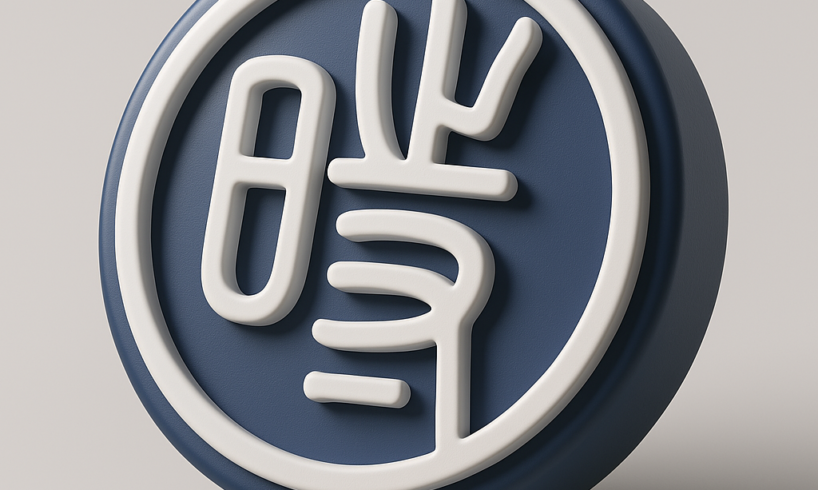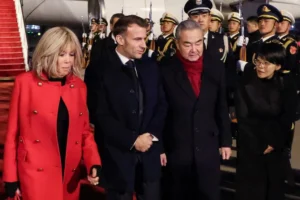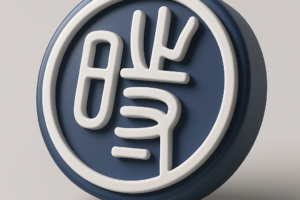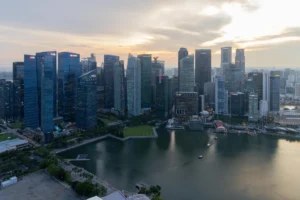
We believe: Faith is not a crime. Worship is not a crime. Prayer is not a crime. [Chinese]
This quote highlighted by CDT Chinese this week is drawn from a statement by the Zion (锡安 Xī’ān) Church following the arrest of dozens of its members last weekend. The full statement, translated by David Cowhig, continues: “The Church belongs to God, not to any political power,” and describes the detentions as a violation of China’s own constitution as well as the Universal Declaration of Human Rights and the International Covenant on Civil and Political Rights.
The detentions appear to be a response to the church’s “hybrid” model of online and offline services, itself a reaction to earlier official pressure. The backdrop is a long-running series of campaigns to “Sinicize” religious practice in China, whether Christian, Muslim, or Buddhist. This goal was the focus of recent comments by Xi Jinping at a Politburo study session on “Systematically Advancing the Sinicization of Religion in China.”
Human Rights Watch described the Zion crackdown and its context:
Chinese authorities on October 10-11, 2025, arrested nearly 30 pastors, preachers, and church members of the unofficial Zion Protestant Church in seven cities, including Beijing, Shanghai, and Zhejiang, Human Rights Watch said today. Among those arrested was the pastor and founder of the Zion church (錫安教会), Ezra Jin Mingri, 56, in Beihai city, Guangxi province.
[…] “The Chinese government’s arbitrary detention of dozens of people affiliated with Zion church reflects an escalating crackdown on religious freedom,” said Yalkun Uluyol, China researcher at Human Rights Watch. “President Xi Jinping’s government appears intent on reshaping religious practice to serve the Chinese Communist Party’s interests, and congregations that fail to do so face harsh persecution.”
Jin and seven other pastors are being held in Beihai City No. 2 Detention Center, according to a statement by their family members. At least five of those detained were reportedly released; the whereabouts of the rest have not been revealed.
[…] The latest crackdown came after the authorities issued an Online Code of Conduct for Religious Professionals in September, banning the circulation of unauthorized religious content online, effectively denying public access to religious teachers and teachings outside of Communist Party control. Jin was arrested for “illegal use of information networks,” a crime under China’s criminal law (article 287-1) which carries up to three years in prison. [Source]
Reporting at the BBC on fears that the arrests mark the start of a wider crackdown, Tessa Wong and Kelly Ng described the evolution of Zion’s “hybrid” worship:
Zion began as a small house church in Beijing with just 20 followers. But over the years it expanded and began holding services in a large hall in an office building.
As it grew in influence, so did the scrutiny. In 2018, Chinese authorities asked the church to install CCTV cameras in the building, saying it was for “security”.
When it refused, followers began facing what church leaders say was harassment. Later that year, the church was shut down.
An exit ban was imposed on Mr Jin, who was placed under close surveillance. His family was able to leave for the US, as did some other church members such as Mr Long [a Zion Church pastor and spokesperson based in the U.S.].
Zion then pivoted to what Mr Long called a “hybrid model” where they would hold large online church services coupled with small offline meetings in person. The church grew to about 100 branches across 40 cities in China, and has more than 10,000 followers now. [Source]
Late last month, Xinhua outlined Xi’s recent comments at the Politburo study session:
Xi noted that adapting religions in China to the Chinese context is key to achieving religious harmony, ethnic unity, social harmony and long-term stability of the country.
He also called for efforts to guide religious figures and believers to develop an accurate understanding of country, history, ethnicity, culture and religion.
He said religions in China can only be passed down healthily by always having their roots in the Chinese culture, and required efforts to promote the integration of religions with fine traditional Chinese culture.
Xi noted that managing religious affairs in accordance with the law is the fundamental way to properly handle contradictions and issues in the field of religion, and underscored the need to improve relevant regulations and policies. [Source]
At Bitter Winter, Kong Fa commented:
Xi didn’t just attend—he orchestrated. The CCTV broadcast of the session was less a policy update and more a liturgical performance, with Xi as high priest of a new orthodoxy. His message? “Party committees at all levels must strengthen their leadership over religious work.” In other words, the CCP isn’t just watching your prayers—it’s editing them.
The Sinicization campaign, originally pitched as a cultural harmonization effort, has evolved into a full-blown ideological retrofit. It’s not about making religion more Chinese; it’s about making it more compliant. The Party isn’t interested in theological nuance—it wants obedience, preferably in Mandarin in all provinces and “autonomous” regions, and ideally with a Xi quote or two.
[…] This is not the first time religion has been asked to bend the knee. But under Xi, the choreography is more precise, the expectations more rigid. Religious leaders are expected to be less shepherds of souls and more shepherds of slogans, guiding their flocks toward “core socialist values” with the fervor of a Party cadre. The sacred is being rebranded, and the divine must now pass through the filter of political correctness—with Chinese characteristics, of course.
[…] So while temples may still stand and churches may still sing, their spiritual autonomy is being quietly rewritten—one directive at a time. In Xi’s China, religion isn’t just Sinicized. It’s sanitized, standardized, and subordinated.
And if you’re wondering who’s really being worshipped, just look at the podium. [Source]





